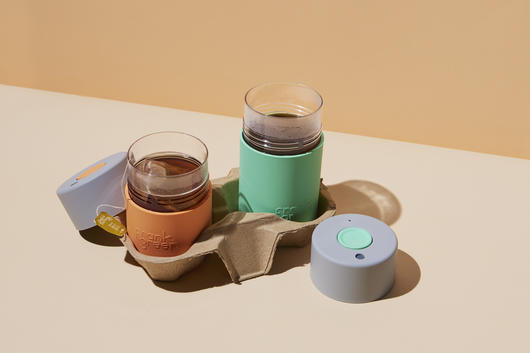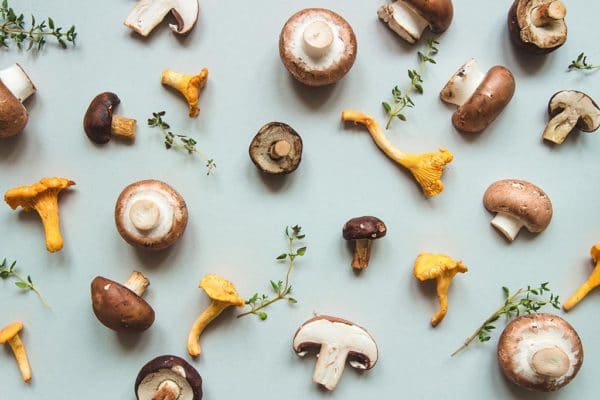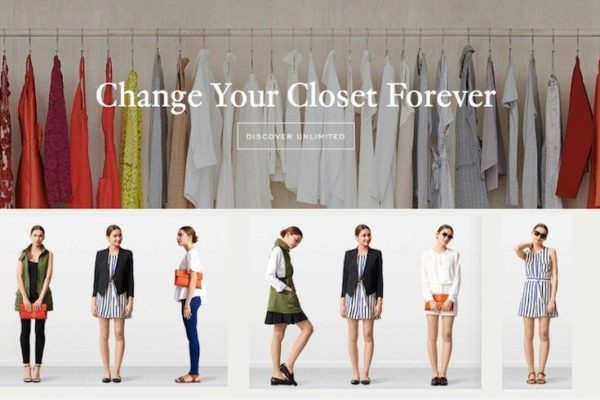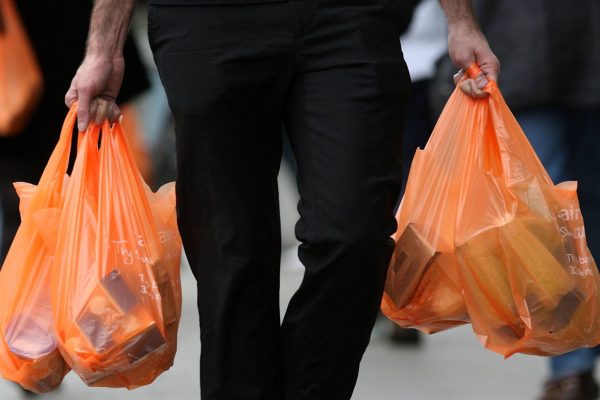We’re seeing the impact of human life everywhere. From changes to the weather to the amount of plastic in the ocean, the devastation is widespread and terrifying. According to a study by the Ellen MacArthur Foundation, there will be more plastic in the ocean than fish by the year 2050.
But despite the bleak outlook for the future, there is a silver lining.
More and more Australians are becoming aware of these impacts and there’s a rising concern for the future of our planet, which has led to more people looking for ways to live more sustainably, reduce single-use plastic, and go zero waste.

Finder research shows that 2019 is the year for sustainable living with a survey of 2,010 respondents finding that 96% plan on making sustainable lifestyle changes this year. That’s the equivalent of 18.6 million Australians taking action to save the planet.
These Aussies are doing a number of things to reduce their footprint on the environment, including making a conscious effort to recycle (46%), cutting down their meat intake (30%), buying more energy-efficient appliances (27%) and using more public transport (17%). But the number one change Aussies plan on making has to do plastic, with 54% – or 10 million Australians – stating they will buy and use less single-use plastic. Unsurprisingly, generation Y and generation X are leading the charge on the fight against single-use plastic. While baby boomers are more skeptical.
Cutting down on plastic can be hard. It’s such a ubiquitous part of our lives and we only realise this once we try to cut it out. From when we get our coffee in the morning to picking up some takeaway food for dinner at night – it’s everywhere. But once you’re aware, you can start to try and find alternatives.
Straws
Straws are, for the most part, unnecessary, and whenever you can, you should ditch them. If you can’t live without, why not invest in a metal straw that you can carry with you, or you can start buying your smoothies from a shop that offers paper straws.
Reusable cups and bottles
A reusable coffee cup and water bottle is an easy place to start. Plastic bottles are one of the most frequently found items on beach cleans across the globe, so investing in a glass or metal one and remembering to take it with you can drastically reduce your impact.
If you can’t start your day without a caffeine fix, you should invest in a reusable coffee cup. If you splurge on one coffee per day, that could amount to 365 coffee cups that you yourself are contributing to a landfill each year. Some cafes are now opting for a “rent-a-mug” system for their regulars, so they limit the number of single-use coffee cups they’re giving out.
Finally, if you’re a regular consumer of sparkling mineral water, investing in a carbonation system such as SodaStream will allow you to make your own soda water at home, and avoid all those plastic bottles.
Cling wrap
There are so many alternatives to cling wrap, breaking the habit should be easy. But for most, the convenience of the plastic wrapping makes it hard to turn away. Glass containers are an easy switch out. They can go from the fridge to the oven and most are dishwasher safe too, so in some ways, they’re even more convenient than cling wrap.
If you’re looking for something that works as more of a cover, why not try beeswax wrap instead. You simply place it on the bowl you want to cover and use the warmth of your hands to make an airtight seal.
Microplastics
Microplastics are probably the worst of the lot – mainly because they are found in everything from our daily exfoliator to the clothes we wear.
If you want to avoid microplastics in your beauty routine, steer clear of products that have “polyethylene” and “polypropylene” in them. Synthetic clothes can also shed microplastics, so if you can’t go entirely au naturale with environmentally friendly fibers, it might be a good idea to fit your washing machine with a filter or invest in a few washing bags.
Microplastics have been voluntarily phased out by most manufacturers and should disappear from shelves by the end of July. Currently, at least 94% of cosmetic products in Australia are micro-plastic free, according to the Department of the Environment.


